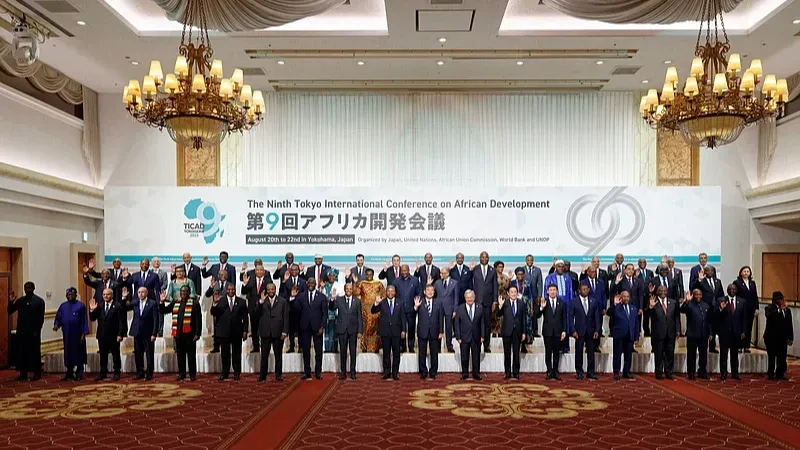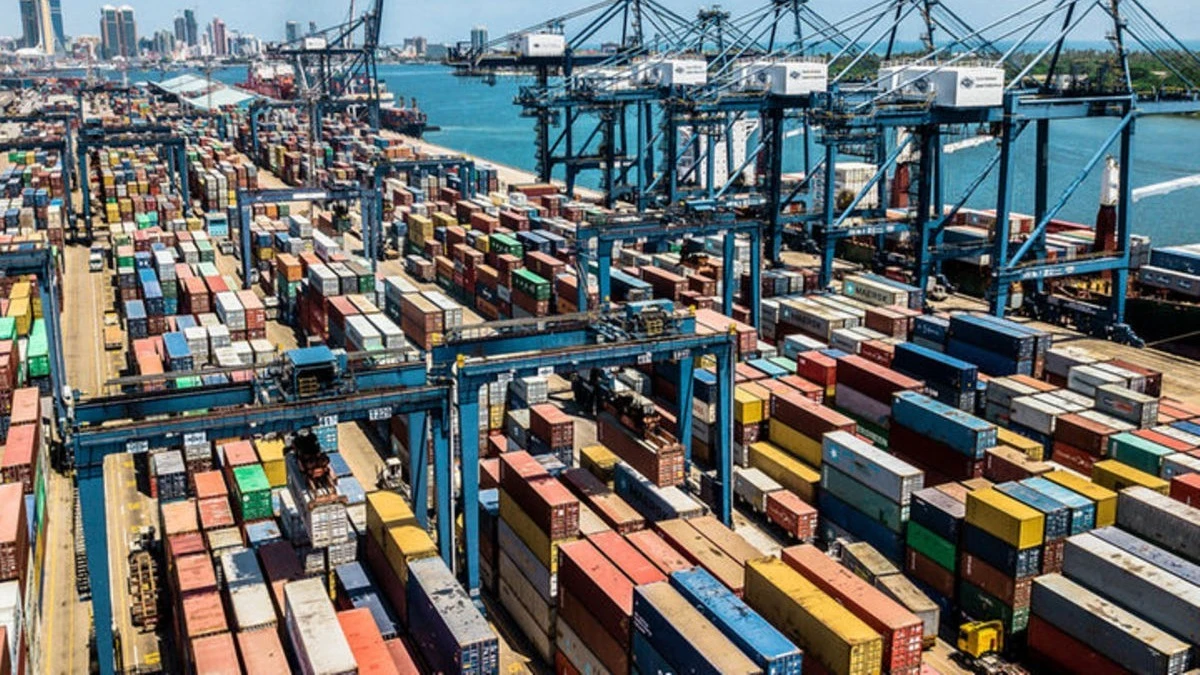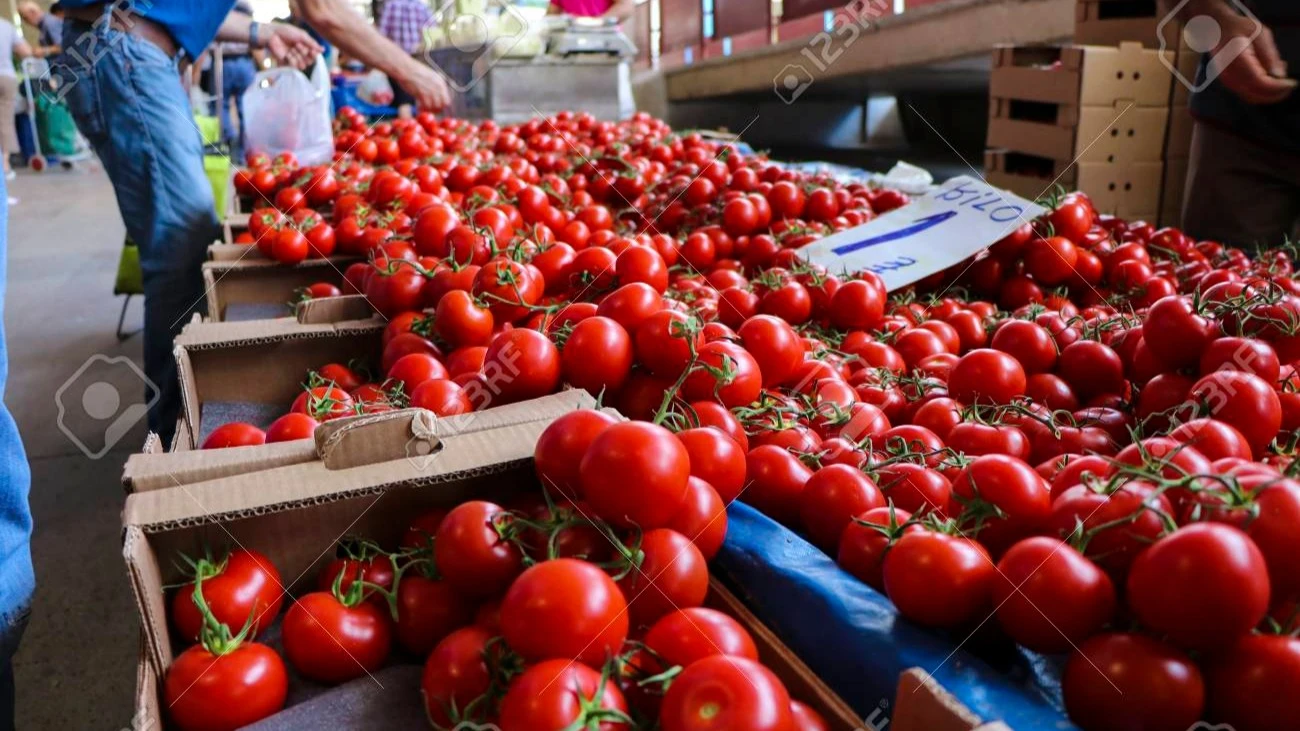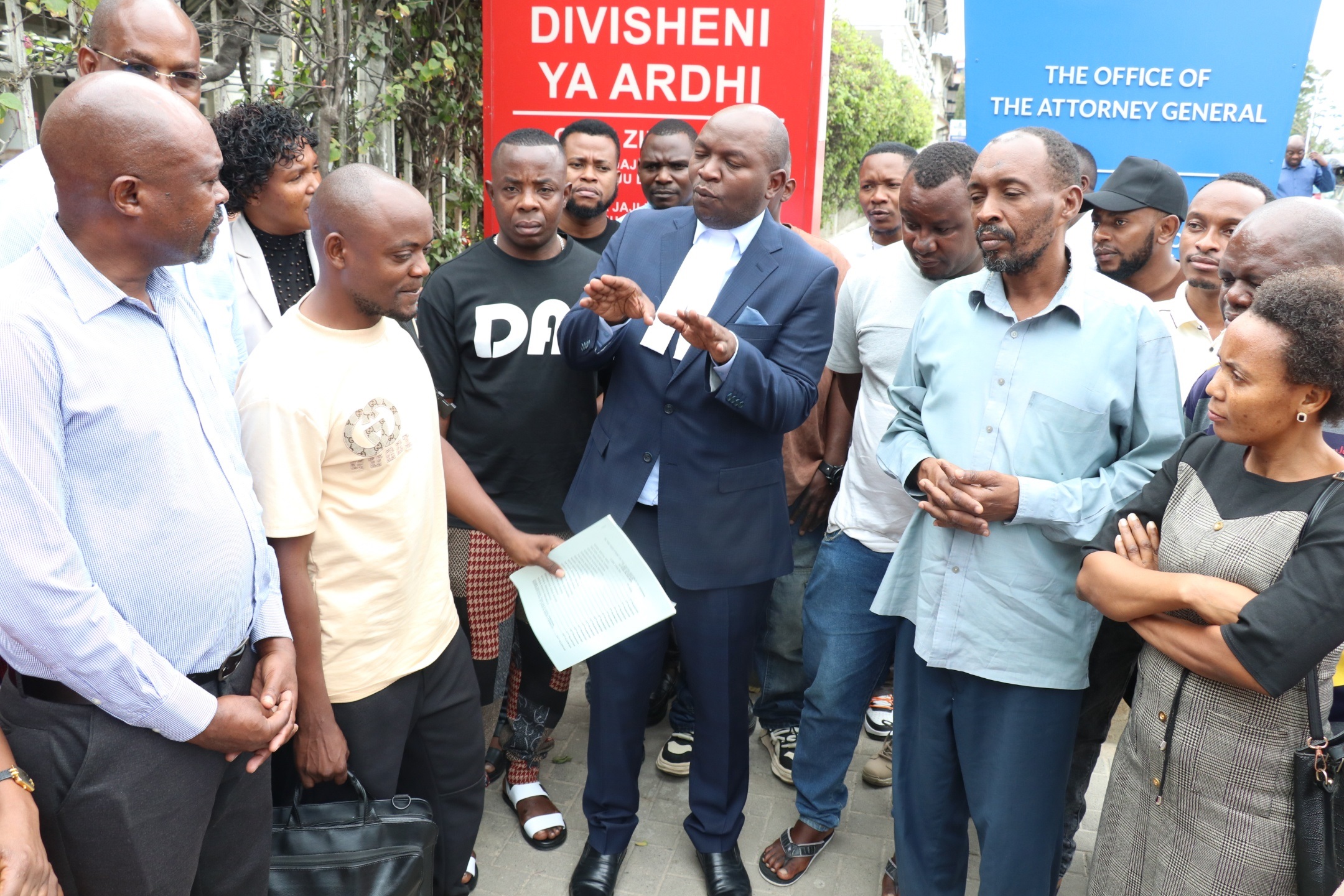EAC activists seek regional, harmonised trading rules

HARMONISED regional policies will help to unlock the full potential of sustainable agriculture and lift rural communities out of poverty, a key stakeholder has declared.
Nancy Mugimba, the Eastern and Southern Africa Small Scale Farmers Forum (ESAFF) executive director, made this affirmation at the regional multi-stakeholder meeting on intra-EAC trade in agroecological produce in Bugiri, Uganda.
Held in the past week, it was convened by ESAFF Uganda in collaboration with the Alliance for Food Sovereignty in Africa (AFSA), where stress was laid on harmonization potential for small-scale agroecological units and cross-border traders.
Farmers across East Africa need stronger government support and increased private sector engagement so that agroecology can transform livelihoods—but only if farmers are equipped with the right tools, financing and market access, she stated.
“We need collective efforts so that our small-scale farmers and traders can produce quality agroecological products,” she said, asserting that the matter “is not just about farming—it’s about dignity, economic empowerment and food sovereignty.”
The meeting brought together farmers, traders, policymakers, private sector representatives and development partners to identify strategies for unlocking inclusive and sustainable trade in agroecological produce within the East African Community (EAC).
The gathering followed the release of a major AFSA study conducted at four key border points—Busia (Uganda-Kenya), Mpondwe (Uganda-DRC), Namanga-Tarakea (Kenya-Tanzania), and Rusumo (Rwanda-Tanzania).
The findings confirmed that trade in agroecological produce is vibrant, but hindered by policy inconsistencies, weak certification systems and limited access to finance and knowledge, she said, stressing the need to go beyond production by equipping farmers with agribusiness skills.
These include product labeling and value addition which can help differentiate their goods in the marketplace and command premium prices, the regional activist explained, showing market potential, as when consumers understand that a product is healthy and organically grown, they’re willing to pay more.
“But farmers need support to label and certify their products,” she said, pointing at ESAFF Uganda’s Agroecological Business Hub, which supports farmers with access to equipment, small business registration and credit facilities to help them scale and formalize their operations.
Hakim Baliraine, the ESAFF Uganda chairman, noted the importance of seed quality as the foundation of the agroecological value chain. “Everything begins with the seed,” he said. “If there’s no quality seed, then what reaches the market will also lack quality,” he emphasised.
The EAC partner states need to ensure seed standards and educate farmers early in the production process, he said, advocating for traceability and certification systems that can clearly differentiate between conventional, organic and agroecological products.
“Until we can measure and classify how much of our trade falls into each category, the standards challenge will persist,” he stated.
He pointed at the need to activate existing frameworks such as the Comprehensive Africa Agriculture Development Programme (CAADP) as many local government officials lack awareness of key policies—making it difficult for farmers to access related benefits.
“If sub-county technical officers don’t understand these frameworks, how can they support farmers effectively?” he demanded.
“Now is the time to act,” the lead speaker noted. “We must move together to secure our region’s food systems and create a better future for our farmers,” she added.
Top Headlines
© 2025 IPPMEDIA.COM. ALL RIGHTS RESERVED






















